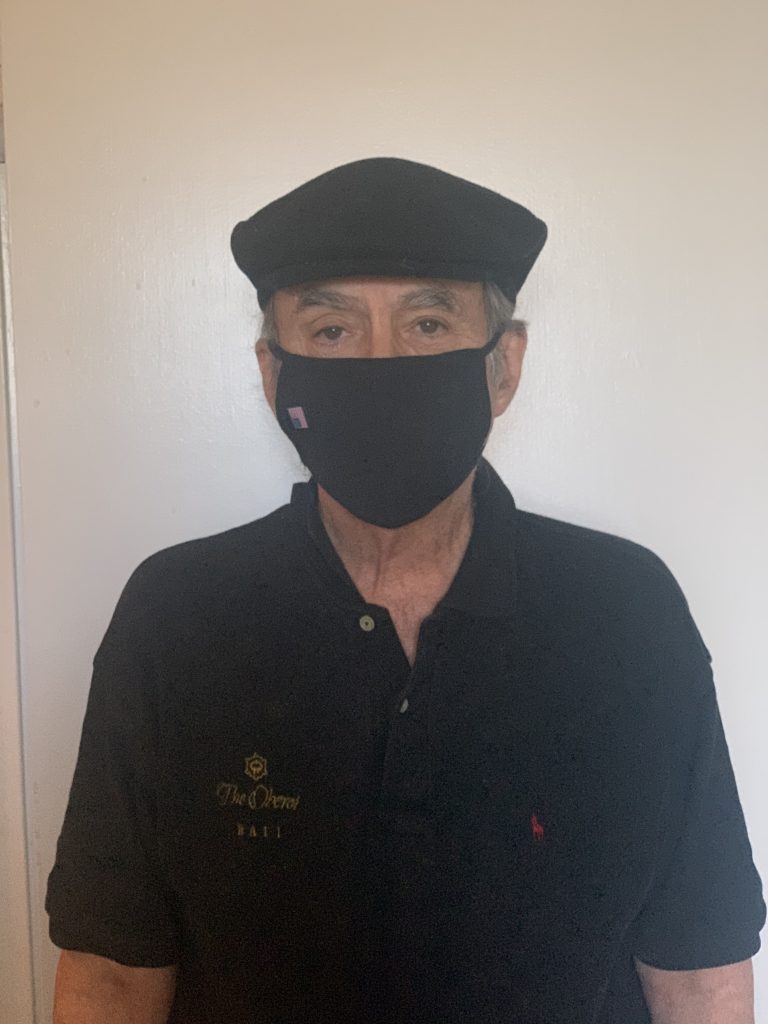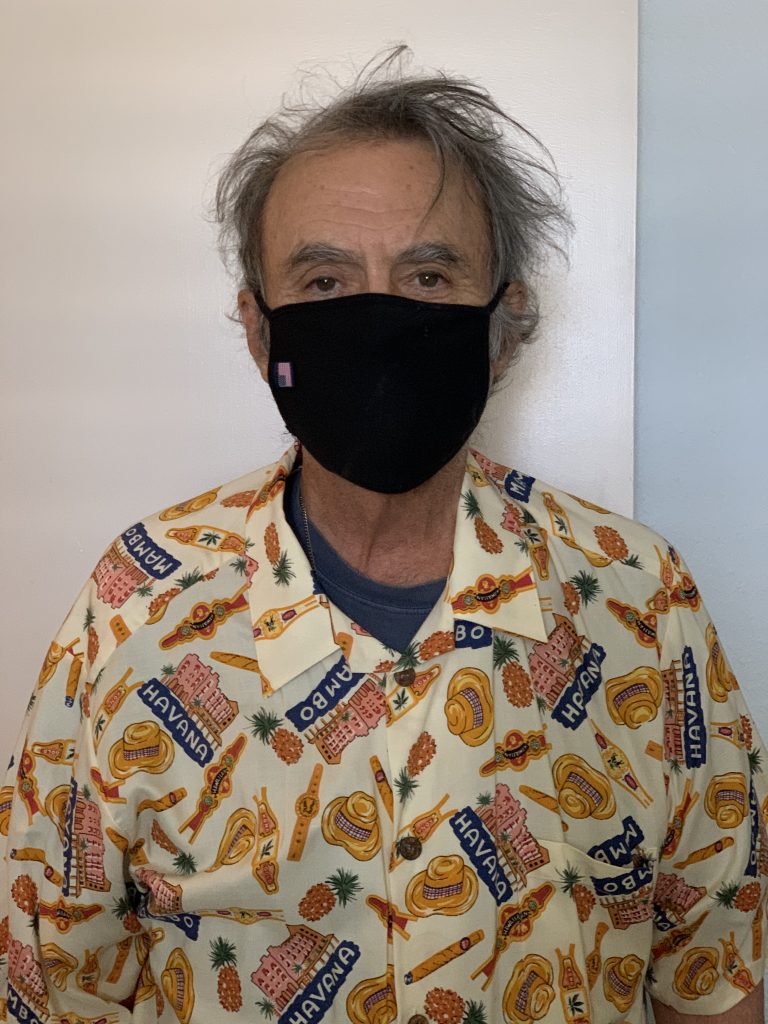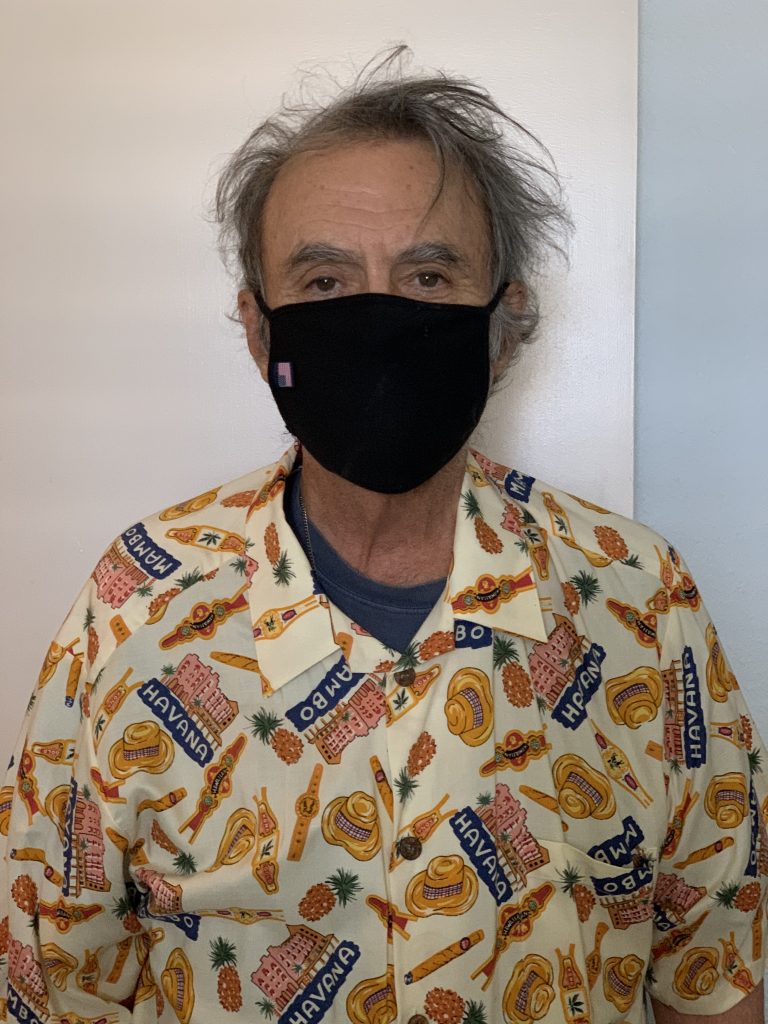Do You Want Facemasks or Contactless Tech at Hotels and Resorts?

By Robert McGarvey
Here’s your choice: pick a hotel with lots of contactless tech (check in via phone, room entry via phone, etc.) or one with plenty of Covid-19 combat gear ready for you (masks, sanitizers, etc.). Which do you want?
Does it have to be a choice? Excellent question but play along because hotel booking site HotelsByDay recently did a survey of some 1000 travelers and asked them what they expected from a reopened hotel.
Most wanted: hand sanitation stations (53% of us). Least wanted: contactless check in, check out (39%).
Falling in the middle are: mask requirements for staff and guests (50%); and a welcome package with safety items such as a mask and sanitizer (43%).
Ignore for now that a full half of respondents are blithering idiots who don’t demand that there be a mask requirement for guests and staff alike. Note: I would not stay in a hotel that did not require that and will walk out of one that, when I arrive, I realize isn’t enforcing their requirement (and they can go pound sand in trying to collect any cancellation fees).
The reason these poll results fascinate me is that hotels have in fact been doubling down on contactless since the advent of Covid-19 (and the realization that it will be with us for a while, at least another year). Indeed the April headline in a trade pub reads: Hilton Doubles Down on Contactless and similar can be said about every other big group.
Are they barking up the proverbial wrong tree?
I don’t think they are – indeed I believe the mid-range future of hotels and resorts will hinge on having lots of contactless tech and, really, there is no reason for human to human interaction at a check in desk (look at how many hotels have eliminated person to person checkout), there is no reason to insist we use those always failing plastic cards to get into rooms, and there is less than no reason to insist we hand a credit card to a server at a bar or restaurant. All those are ideal for touchless. Hotels just have dragged in adoption but so they always do because they are skinflints about tech. Now it is time to get moving because your guests will demand it, especially the age 40 and younger guests who increasingly will dominate.
But I think the either/or, either contactless or masks, is bogus. We can and should have both to safely travel in 2020-2021, the era of Covid-19.
Which brings us back to masks and hand sanitizers which, along with social distancing, are the three best steps we and others around us can take to keep ourselves healthy and safe. That understood, prepare to get mad. Here’s the lead from a recent story in Phocuswire: “Retail automation company Swyft is partnering with CVS to bring contactless kiosks to hotel lobbies.
“In addition to typical vending products such as snacks and toiletries, the machines will also be stocked with personal protective equipment such as masks and hand sanitizer.
Guests can make purchases from the kiosks any time of day using their smartphones.”
That means the push is on to monetize the supplies we might need to stay safe in a hotel.
Talk about chutzpah.
Flashback to the aftermath of 9/11. Remember how many hotels began stocking complimentary toiletries, shaving kit, toothbrushes, etc? Often we lost our toiletries in the then new TSA lines, or they got confiscated for being too big. Rather than nickel and dime the stalwart guests who nonetheless traveled in the aftermath of the 9/11 tragedy, many hotels and resorts thoughtfully stocked complimentary toiletry kits.
Today however the hotelier’s eye is on Mammon – if, that is, CVS and its vending machine partner are calling this right.
Let’s hope they are wrong, for our own sakes and but also for the industry’s.
Good news: So far, no hotels have signed up for the machine. Another story, in Vending Times, mentions machines in LaGuardia and also Boston’s South Station Bus Terminal. No hotels or resorts are mentioned, except in this vague claim: “CVS said it is considering an additional 50-plus locations throughout the country including college campuses, corporate offices, hotels and other transportation hubs to host vending machines in the future.”
There is hope. Hoteliers may realize that gouging guests a few quid for a mask and hand sanitizer is over the top when that hotelier should in fact be prostrate and kissing the feet of the hardy guest who braves Covid-19 worries to check in.
Especially when I shop at Whole Foods I am handed a mask, gratis, and there’s sanitizer spray that’s also free. It’s not expecting much to get that stuff for free when I am spending a couple hundred bucks, often much more, for a bed.
Memo to hoteliers: Don’t be pennywise. Hand out masks and sanitizers, gratis, and thank the guest for his/her courage in traveling. That’s the smart move.

